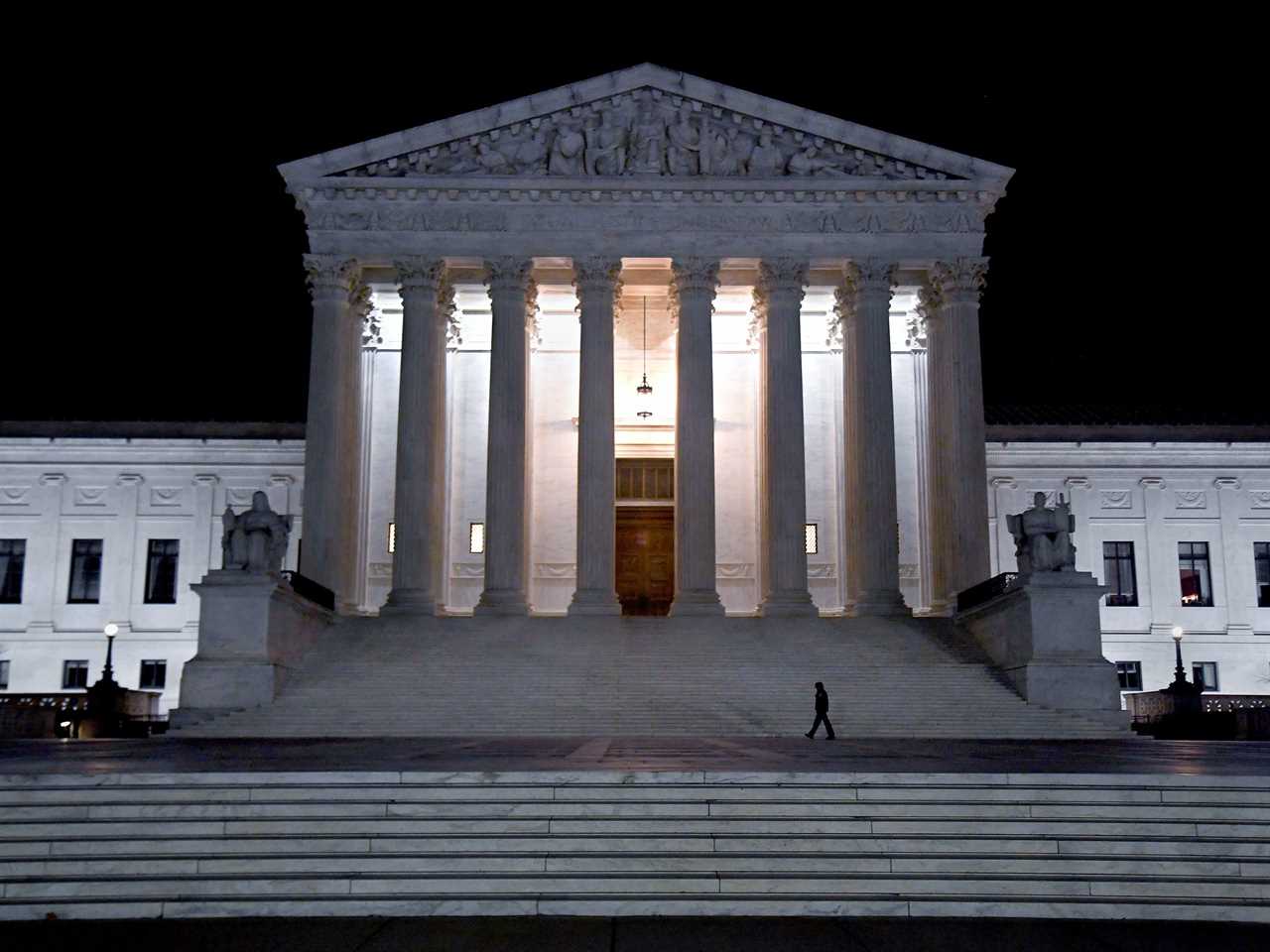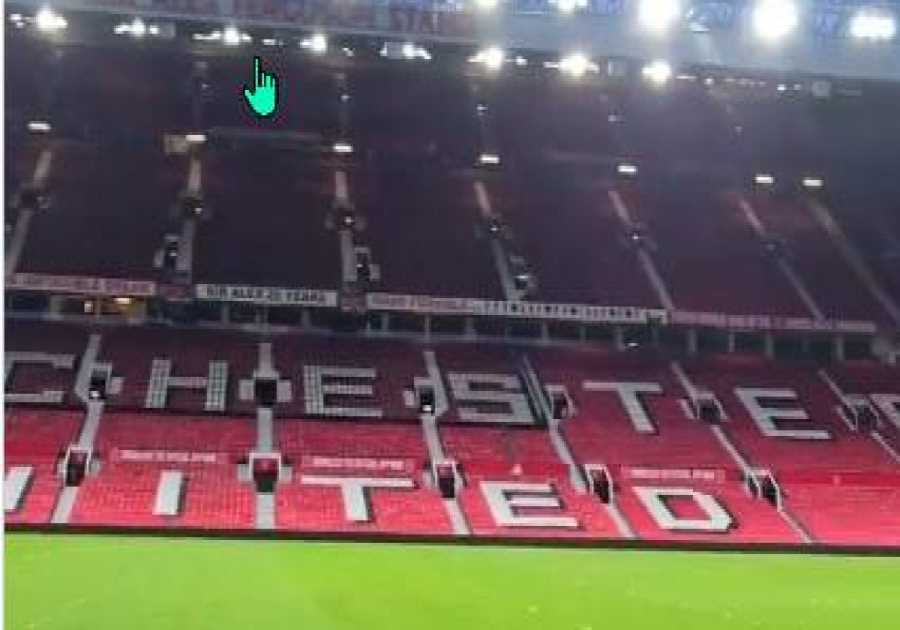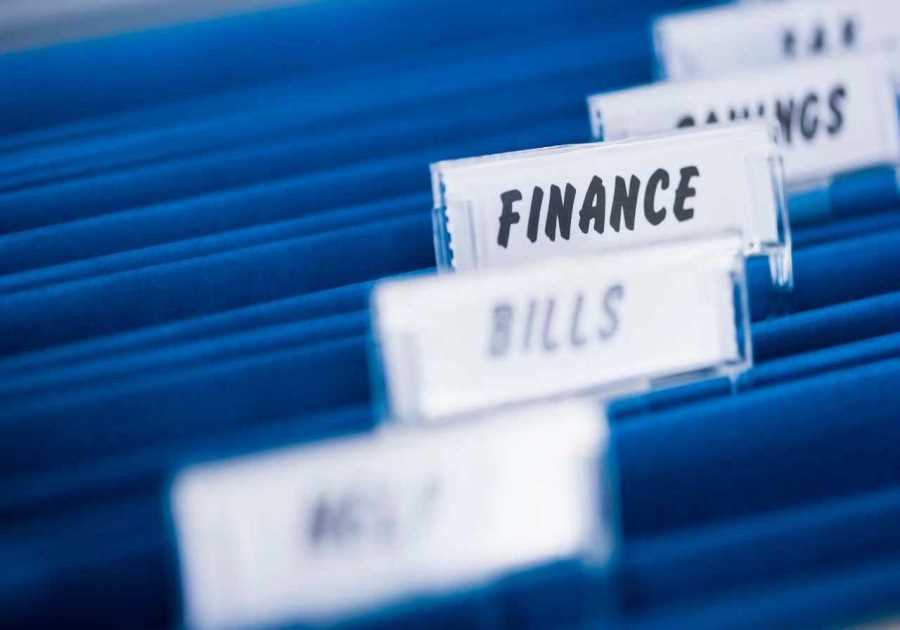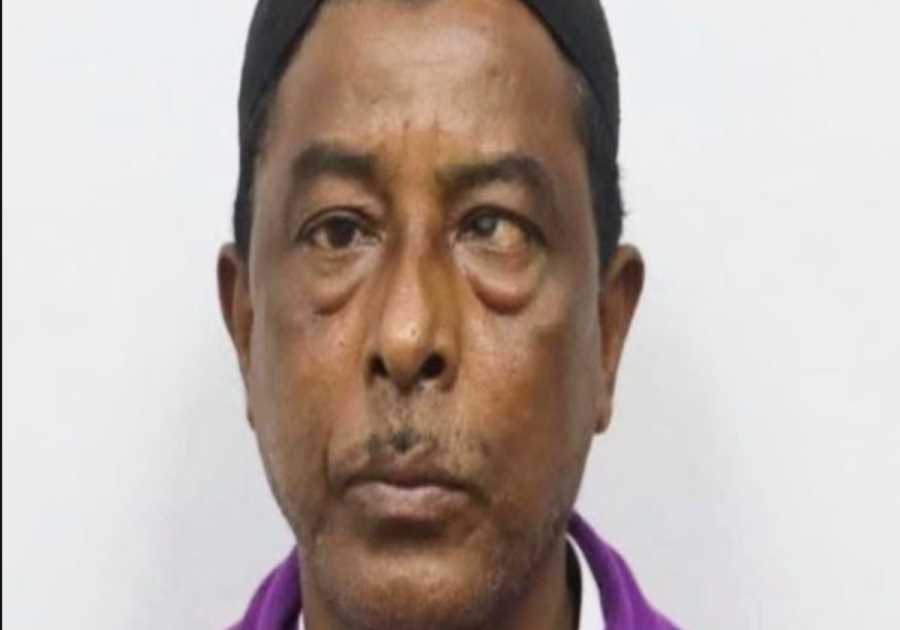
Michael S. Williamson/The Washington Post via Getty Images
- The Supreme Court struck down Biden's student-loan forgiveness plan.
- It ruled that the relief under Biden's current plan is illegal and cannot move forward.
- Student-loan payments are scheduled to resume in October.
The Supreme Court has officially ruled that President Joe Biden's student-loan forgiveness plan is illegal and cannot move forward.
On Friday, the nation's highest court dealt a devastating blow to Biden's plan, announced at the end of August, to cancel up to $20,000 in student debt for federal borrowers who are Pell Grant recipients making under $125,000 a year, and up to $10,000 in student debt for other federal borrowers under the same income cap.
It ruled that the HEROES Act of 2003, which gives the Education Secretary the ability to waive or modify student-loan balances in connection with a national emergency, was not the appropriate law to carry out this relief and therefore cannot be implemented. It did not, however, strike down student-debt relief entirely, meaning there's still room for the president to pursue an alternate route under a different law.
These rulings were long-awaited. In November, two conservative-backed lawsuits succeeded in pausing the implementation of Biden's debt relief plan, just one month after applications for the loan forgiveness opened up. One of the lawsuits, Biden v. Nebraska, was filed by six Republican-led states who argued the debt relief would hurt their states' tax revenues, along with the revenue of student-loan company MOHELA. And the other lawsuit, US Department of Education v. Brown, was filed by two student-loan borrowers who sued because they did not qualify for the full $20,000 amount of relief.
This decision came in two separate rulings. The high court ruled that the plaintiffs in one case US Department of Education v. Brown, did not have standing — but the second case, Biden v. Nebraska, prevailed and had standing to sue on behalf of student-loan company, MOHELA.
Many Democratic lawmakers — and the Biden administration — have long maintained confidence in the legality of broad student-loan forgiveness. After the relief was paused, Education Secretary Miguel Cardona extended the student-loan payment pause through 60 days after June 30, or 60 days after the Supreme Court issued its final decision on the legality of the relief, whichever happens first. He said in a statement at the time that "callous efforts to block student debt relief in the courts have caused tremendous financial uncertainty for millions of borrowers who cannot set their family budgets or even plan for the holidays without a clear picture of their student debt obligations, and it's just plain wrong."
"We're extending the payment pause because it would be deeply unfair to ask borrowers to pay a debt that they wouldn't have to pay, were it not for the baseless lawsuits brought by Republican officials and special interests," he said.
The Education Department confirmed interest on student loans will resume on September 1, with first payments for borrowers due in October. However, the debt ceiling bill Biden recently signed into law included a provision suggested by Republican lawmakers to codify the end of the student-loan payment pause, meaning that Biden cannot further extend the relief in connection with COVID-19. While the law allows the president to implement another extension should a future emergency warrant it, it ensures student-loan payments will resume this year no matter what.
"In spite of our opponents' best efforts to sabotage our work to support student borrowers, we are fully committed to helping borrowers successfully navigate the return to repayment with the pandemic now behind us," an Education Department spokesperson told Politico.
But some Democratic lawmakers and advocates aren't so sure. Reps. Ro Khanna and Alexandria Ocasio-Cortez have been among the Democrats who have publicly pushed Biden to extend the pause should the Supreme Court strike down the broad debt cancellation.
"Resuming student debt payments in the middle of an affordability crisis is unconscionable. President Biden needs to deliver on his promise to cancel student debt," Khanna wrote on Twitter.
Ocasio-Cortez previously said in an interview with Politico that it's "very important the administration has a plan that is an actual response in the event of" the Supreme Court overturning student-debt relief.
"Is the president prepared to re-administer the loan forgiveness program? And I think this is the most crucial question," she said. "Or do they just take whatever it is laying down and say, well, it's canceled. We're not going to do anything else... That, to me, is going to be a major, major, tipping point."
It's unclear at this point what will happen next for borrowers. Democrats will likely push the president to pursue in alternate route for debt relief — some have floated using a different authority under the Higher Education Act — but it looks like borrowers will soon resume payments without the reduction to their balances they were hoping for.
This story is breaking and will be updated.
Read More
By: [email protected] (Ayelet Sheffey)
Title: The Supreme Court strikes down Biden's student-loan forgiveness plan, blocking debt relief for millions of borrowers
Sourced From: www.businessinsider.com/student-loan-forgiveness-blocked-supreme-court-strikes-down-debt-cancellation-2023-5
Published Date: Fri, 30 Jun 2023 14:38:11 +0000
.png)





